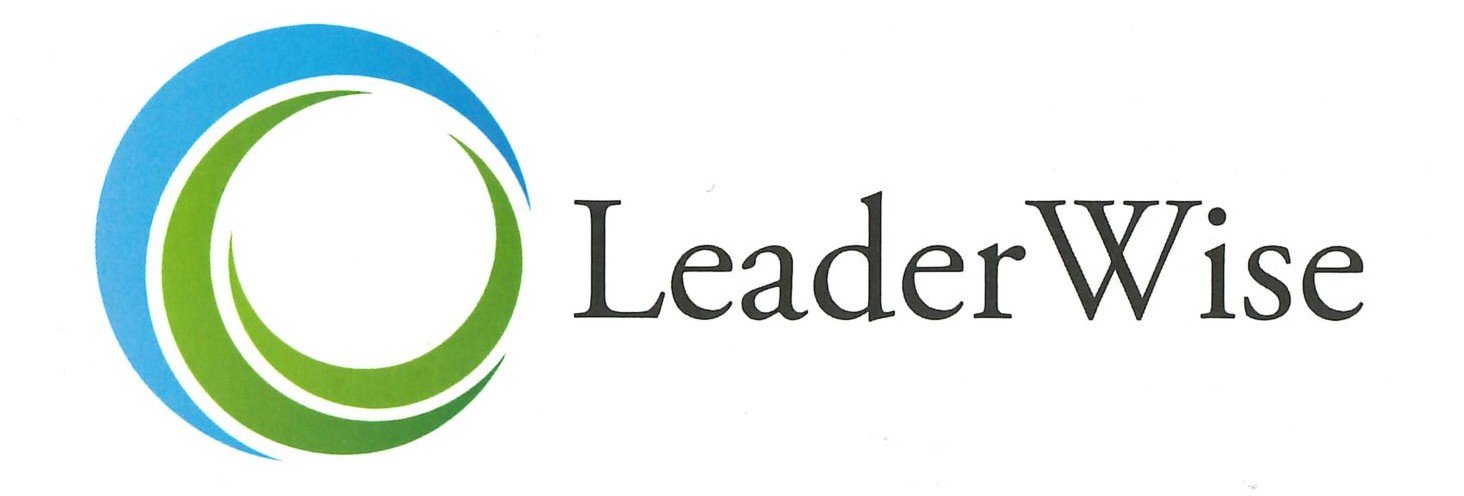Retirement . . . Seeing Beyond the Bend
In the current US job market through the end of this decade, it is anticipated that 10, 000 people a day will retire. You, sometime before 2030, may be one of them. If so, how do you prepare? How can you map out what this season in your life may look and feel like?
That was the driving question asked by a group of pastors with whom I worked. The group ranged from being 1 to 8 years from retirement. All of us have faced multiple times of transitions. However, retirement feels different from other anticipated transitions we have made. Why? One answer and image came from a morning walk.
It was a cold midwestern day. The Prairie Path, my go-to walking trail when with family in Illinois, was pristine white with new fallen snow. At one point, as I was walking, I could not see the path ahead. I knew it continued, but the long bending path kept me from seeing more than 100 yards.
As I walked on, the path opened, about the length of a football field at a time. I saw a bit more but still could not fully see the road ahead. The continuing bend in the path captures what many experience when thinking about retirement; namely, no matter how well we plan, it’s hard to envision what’s beyond the bend.
That unknowing feeling stands in contrast to our experience during our active working years. Before retirement, we usually have a good sense of what to expect in the various days and chapters of our careers. Even when we don’t know precisely what the future holds, we know this week there will be a sermon to write, clients to see, staff meetings to attend, decisions to make, leadership to provide, and a mission to accomplish. This time-established pattern lays out a predictable rhythm. Yes, we may encounter some twist and turns—such as those the pandemic forced on us—and there will be forks in the road that we must take, but usually we find our way back to a clear path, a place of equilibrium, that allows us to see—months, maybe even years—down the road.
Not knowing the path ahead can be scary, and not being in control can be unsettling. So how do we best manage the road ahead as we transition into retirement?
One of the gifts I received this past year was coaching those thinking about retirement and facilitating a mini-workshop for a cohort of pastors and professionals pondering how to navigate their retirement decisions and plans. A list of practices and ideas came out of those conversations. Five are listed below for your pondering and planning (note that this is just a small sampling from a longer list which we will explore in a future retirement workshop):
Find a guiding metaphor/s that can help shape how we picture and understand retirement, as well as how we will manage our expectations for this season of life.
List the questions that we would be wise to ask of ourselves, spouse, family, children, trusted friends, and soon-to-be former employers, etc.
Appreciative Inquiry says that our lives—and institutions—grow in the direction of the questions we ask, so too in retirement.
Additionally, if life is shaped by the questions we ask, how do we make sure we are asking questions that are life-giving and transformative?
Journal on the theme of loss. Name times in our life when we have dealt with loss. How do we grieve? Where do we find hope and resilience? (The aging process is not for the weak and faint-hearted. Loss is a part of this season, so finding that place between hope and an honest realism is one of the essential tools for building resilience, achieving good mental health, and finding acceptance in our retirement years).
Find a new calling that gives meaning and purpose. It doesn’t have to be validated by an institution, only you. (It may be to invest in grandchildren or tutoring or becoming an energizer for a cause or non-profit organization, or a hobby/passion we have always wanted to do. Think of Grandma Moses.)
Work with a coach, spiritual director, or counselor on issues of identity and being firmly grounded. (This is especially important for clergy whose whole life—including our relational, spiritual, and emotional system and needs—has often been defined, sustained, and centered on the church).
Contact us to set up an appointment for retirement coaching, spiritual direction, or counseling so you may walk into the retirement years with anticipation, grace, gratitude, and hope.
At LeaderWise, we offer support, coaching, and counsel for all those times in our lives when we just can’t quite see around the bend.

